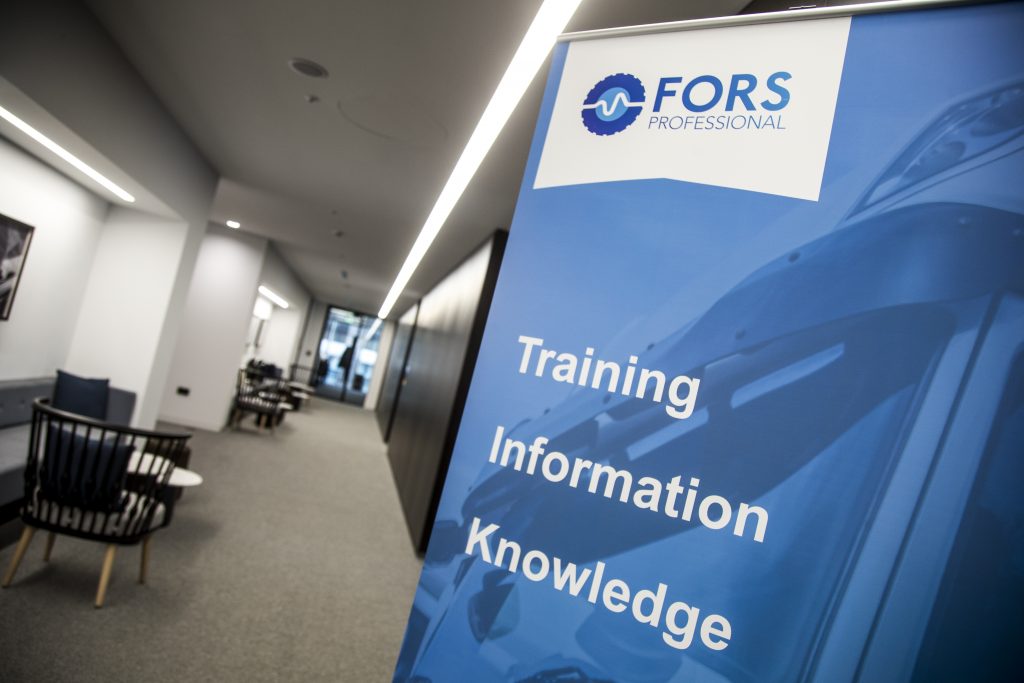FORS Professional, the training brand from the Fleet Operator Recognition Scheme, launched TruckSmart in September 2017, as part of a series of publications developed by Transport for London (TfL). CVW finds out how it’s been received.
As with other FORS Professional training, the TruckSmart toolkit is provided free of charge to FORS members, with courses offered nationally. The approach outlined in the toolkit can be used by all staff members involved in operating, servicing, maintaining or driving HGVs.
The TruckSmart toolkit includes guidance for managers, training for drivers and is supported by an eLearning module. It contains tools, resources and materials for internal communications to help managers adopt industry best practice and implement an HGV safety system within their organisation.
Since the launch of TruckSmart in September 2017, FORS has trained:
■ 6,176 drivers through the eLearning module;
■ 344 drivers in classrooms.
TruckSmart CPC driver training focuses on all the skills needed to achieve full compliance with regulations and keep vehicles safe and roadworthy at all times. The classroom training is a seven-hour course suitable for all commercial HGV drivers, which is Driver Certificate of Professional Competence (DCPC) accredited.
It is vitally important that HGV operators are confident that their vehicles are legally compliant, safe and roadworthy at all times. TruckSmart training covers practical skills for drivers, including how to secure a load effectively, the importance of checking the vehicle, what to look for and how to effectively report problems.
eLearning
The TruckSmart eLearning module is designed to complement the broader toolkit and classroom training. It acts as a means of both refreshing and testing key information taught in the face-to-face training and aligns fully to the toolkit messages. It also can be used as an optional extra training resource.
The module is designed specifically for HGV drivers but will benefit van and commercial vehicle drivers or operators across all sectors. It can also be used by fleet managers to gain a first-hand experience of the material they are asking their drivers to study.
The moral, economic and legal importance of operating safe and roadworthy vehicles is represented in the FORS Standard. For example, requirement V5 states that fleet operators shall ensure that vehicles are safely loaded, that appropriate load restraints are used and that vehicles are not overloaded and requirement V2 states that fleet operators shall ensure that vehicles are checked before the first use of that vehicle in a driver’s shift.
“This training will help clarify the respective roles and responsibilities and cover a number of elements crucial to best practice for drivers including the elements of a good load security system, how to mitigate the effects of loads on driving and operational performance and the roles and responsibilities of the regulatory and enforcement bodies,” said Sonia Hayward, FORS Operations Manager.
“Drivers and fleet managers are fully aware of the moral, economic and legal importance of operating safe and roadworthy vehicles,” Sonia added.










